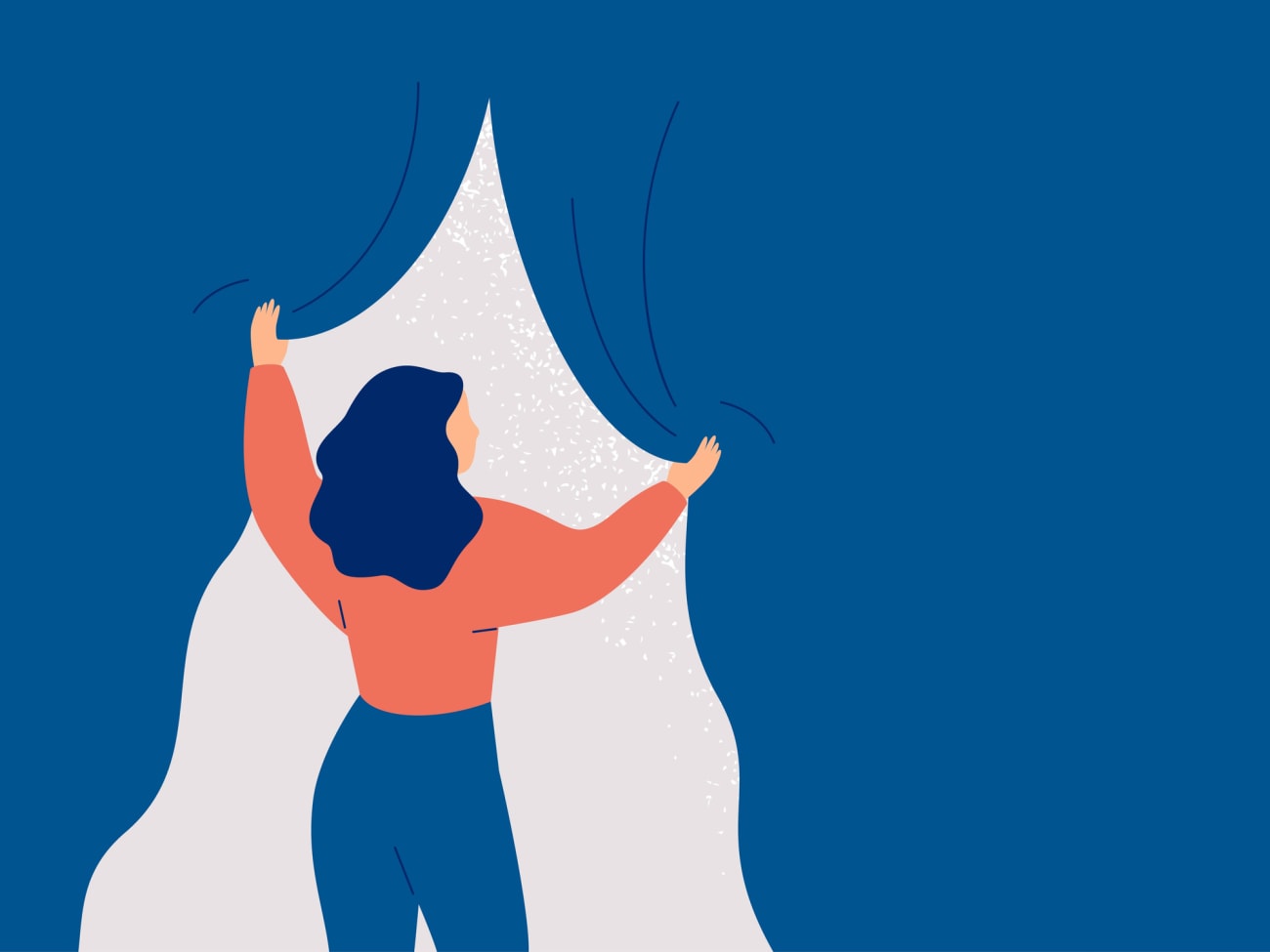
A groundbreaking clinical trial has determined that the medication ketamine appears as effective as electroconvulsive therapy (ECT) for patients with treatment-resistant depression, according to Johns Hopkins clinician-scientists Irving Reti and Fernando Goes, who collaborated on the multisite study as site co-investigator and principal investigator. The report appeared recently in the New England Journal of Medicine.
While major depressive disorder is estimated to affect 21 million people in the United States, traditional antidepressants do not work well for as many as a third of them. Treatment-resistant depression (TRD) is commonly defined as having an unsatisfactory response to two or more trials of antidepressants. Patients with TRD are often referred for alternative treatments such as transmagnetic stimulation, ECT, or novel agents such as ketamine/esketamine.
The largest study so far to compare the effectiveness of ECT and ketamine, the clinical trial was sponsored by the Patient-Centered Outcomes Research Institute and comprised five academic sites in the U.S., including Johns Hopkins.
Researchers randomly assigned either ECT or sub-anesthesia doses of ketamine intravenously to 365 patients diagnosed with treatment-resistant major depressive disorder without psychotic features. Half received ketamine twice a week while the others received ECT three times a week.
By the end of the three-week treatment period, 55% of those in the ketamine group and 41% of the patients in the ECT group reported a 50% or greater reduction in symptoms. Six months later, quality-of-life scores for both groups were also similar.
Irving Reti, professor of psychiatry and behavioral sciences, and director of the electroconvulsive therapy service at The Johns Hopkins Hospital, says the study shows that a trial of ketamine is reasonable for those with “moderate to severe depression” before embarking on ECT, which may carry a greater burden of side effects such as memory loss.
However, he cautions that 90% of the patients in the study were outpatients, who are not generally as severely ill as those who are hospitalized.
Reti also points out that, unlike ketamine, which is administered in standardized doses, the administration of ECT varies widely. Optimizing ECT administration is a work in progress. He is devising ways for electronic medical records to standardize reporting of ECT treatments and outcomes. Along with psychiatric epidemiologist Peter Zandi, Reti is also working with other centers to build a registry to report how patients are selected to receive ECT, as well as other treatment variables and outcomes.
Goes, who also directs the Stanley and Elizabeth Star Precision Medicine Center of Excellence in Mood Disorders, says one of the advantages of ketamine is that the FDA has already approved its use as an anesthetic. “Because it’s regulated, everyone more or less gets the same thing from the pharmacy, no matter where you are in the country.
“There’s standardization, the treatment is easy and well tolerated, with few side effects such as the memory loss that may accompany ECT treatment,” he says. “In contrast, while there is increasing attention to standardizing the manner by which ECT is given to patients, there remains a fair amount of variability in clinical practice about what type of settings to use and when to switch, for example, to bilateral treatments.”
He says such factors may have reflected some of the site-to-site variability in ECT response rates seen in the study, as well in the clinical use of ECT.
Both researchers are preparing to participate in another multisite comparison of the effectiveness of ketamine and ECT. This time, they will study outcomes in patients with acute suicidal depression and bipolar depression — a condition that was not studied in the previous trial.


